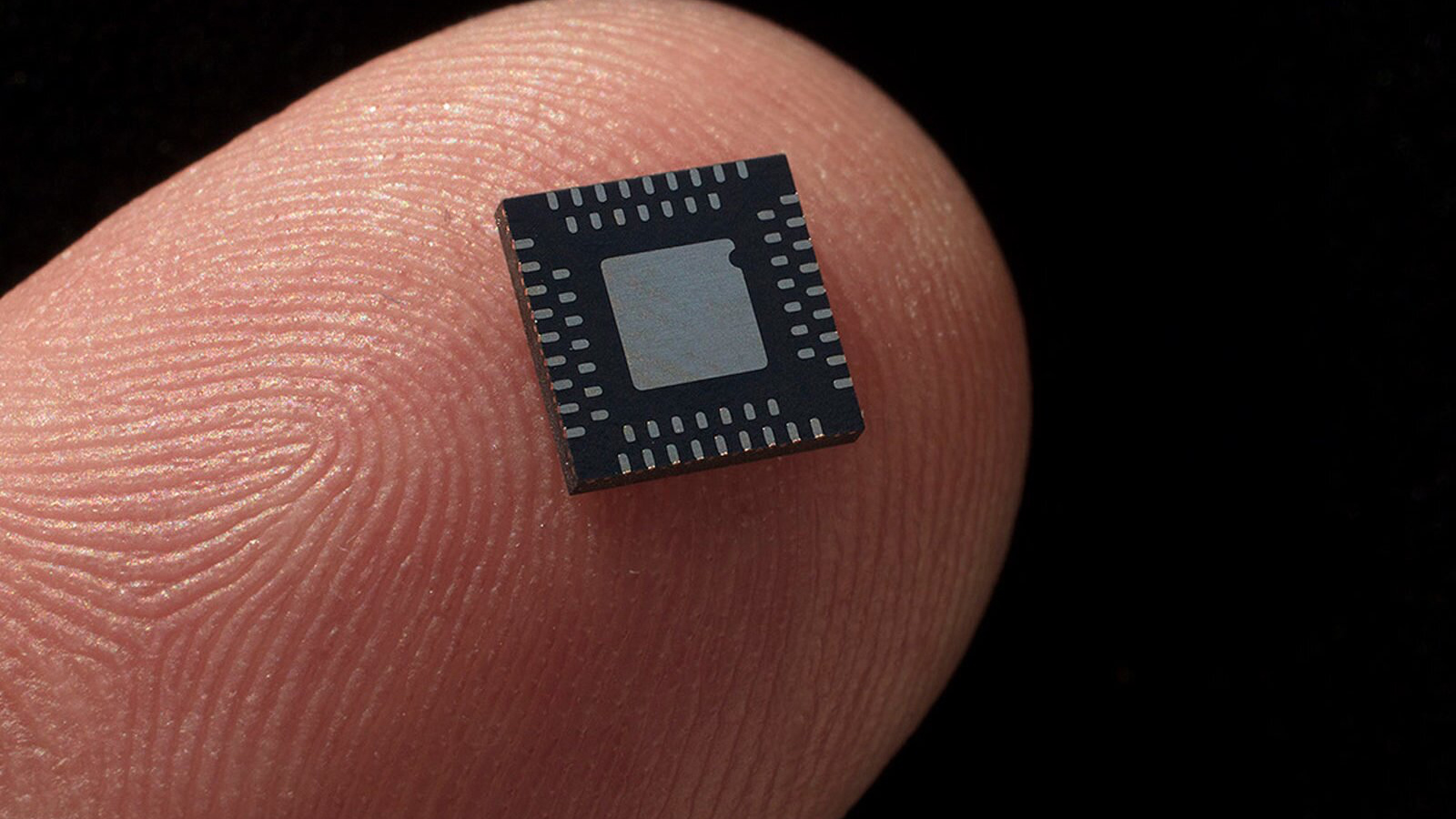
Ukrainian researchers have uncovered Western-made components in North Korean missiles used by Russia in its war against Ukraine. These components, which include microcontrollers, came from at least nine Western companies despite strict sanctions. This discovery highlights weaknesses in enforcing export controls and raises concerns about the continued flow of technology to North Korea and Russia, reports Bloomberg.
The list of implicated companies includes U.S.-based Analog Devices and Broadcom, Dutch NXP Semiconductors, Swiss company TRACO Electronic AG, and British XP Power. These parts were manufactured as recently as last year, demonstrating that components are still being smuggled to North Korea and eventually to Russia despite years of sanctions.
The missile analyzed was a North Korean KN-23/24, shot down over Ukraine’s Poltava Region on September 7. Inside, researchers found crucial chips used for navigation and communication, all of which should have been restricted by export laws. This discovery underscores the ongoing problem of Russia and North Korea accessing advanced Western technology for military purposes, despite increasingly tough sanctions aimed at stopping these transfers.
Several companies implicated in the above denied knowingly selling their products to North Korea. American firms told Bloomberg that they were working with authorities to strengthen compliance measures and to prevent any illegal diversion of their products. Broadcom, in particular, mentioned that many of its components are commonly counterfeited, implying that some Broadcom-branded chips that were discovered weren’t genuine while others may have reached North Korea through illicit means.
Russia’s ability to continue obtaining these components is worrying, as they are crucial for building missiles that have been used in attacks on Ukraine’s civilian infrastructure, businesses, and energy networks.
The broader concern is the growing partnership between North Korea, Russia, Iran, and possibly other sanctioned countries. This collaboration appears to extend beyond just the supply of parts, with these countries potentially exchanging engineers and technological expertise to bolster their military capabilities. This growing alignment between sanctioned nations threatens to further undermine global security efforts.